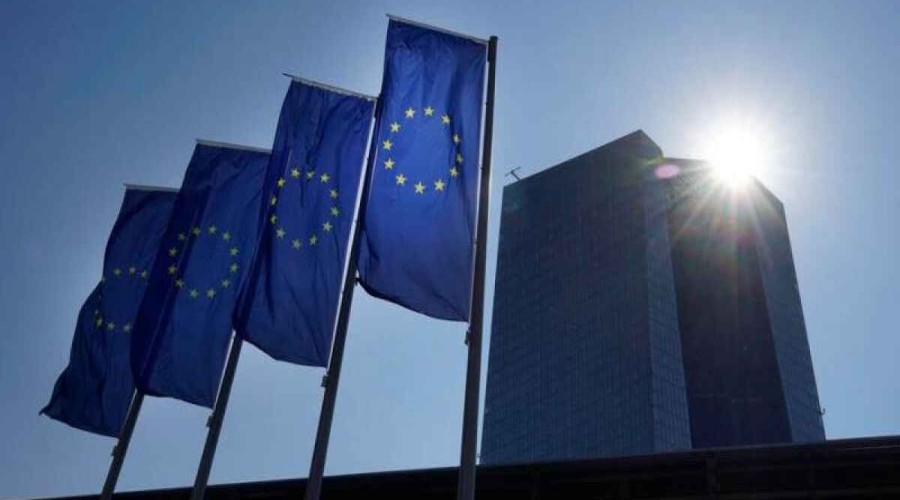EU summit fails to adopt practical measures to address energy price growth
Among possible measures to reduce energy prices, EU leaders outlined direct support to consumers through vouchers, tax rebates, state aid, taxation (excises and VAT), price caps, regulatory measures such as contracts for differences

Participants of the European Council’s Friday meeting failed to adopt any concrete measures to address the energy price growth, and could not come up with a unified approach to Russia’s decision to receive payments for its gas only in rubles, according to the final statement, Qazet.az reports.

"Sustained high energy prices have an increasingly negative impact on [European] citizens and businesses," the statement says, adding that this trend is further exacerbated by the Russian special military operation in Ukraine.
"The European Council calls on the Commission to submit proposals that effectively address the problem of excessive electricity prices while preserving the integrity of the Single Market, maintaining incentives for the green transition, preserving the security of supply and avoiding disproportionate budgetary costs," the document says.
Among possible measures to reduce energy prices, EU leaders outlined direct support to consumers through vouchers, tax rebates, state aid, taxation (excises and VAT), price caps, regulatory measures such as contracts for differences.
In the midterm perspective, the leaders voiced their general support to the European Commission’s proposal to establish the system of voluntary common purchase of gas to prevent outbidding.
"I welcome that we will now use our collective bargaining power. Instead of outbidding each other and driving prices up, we will pool our demand," European Commission President Ursula von der Leyen told reporters on Friday.
However, the final statement of the European Council says that the leaders agreed only to "work together on voluntary common purchase of gas, LNG and hydrogen." In other words, common purchases will be carried out not only by separate EU countries who are willing to unite.
"In addition, we must complete pipeline infrastructure, and ramp up our storage, and the interconnectors. We proposed a minimum storage of 80%, underground, for next winter. Rising to 90% then in the following years. This will be our insurance policy against supply disruption," von der Leyen said.
In her words, EU "looked at various options to cushion the impact of high energy prices on consumers and businesses."
"Measures such as income support, or state aid, vouchers, reduced taxation, price caps, modulating prices, contracts for difference, etcetera. All options we presented have pros and cons. But first and foremost, we need to look at the root causes of high electricity prices. And this is, in big part, high and volatile gas prices," the European official added.
